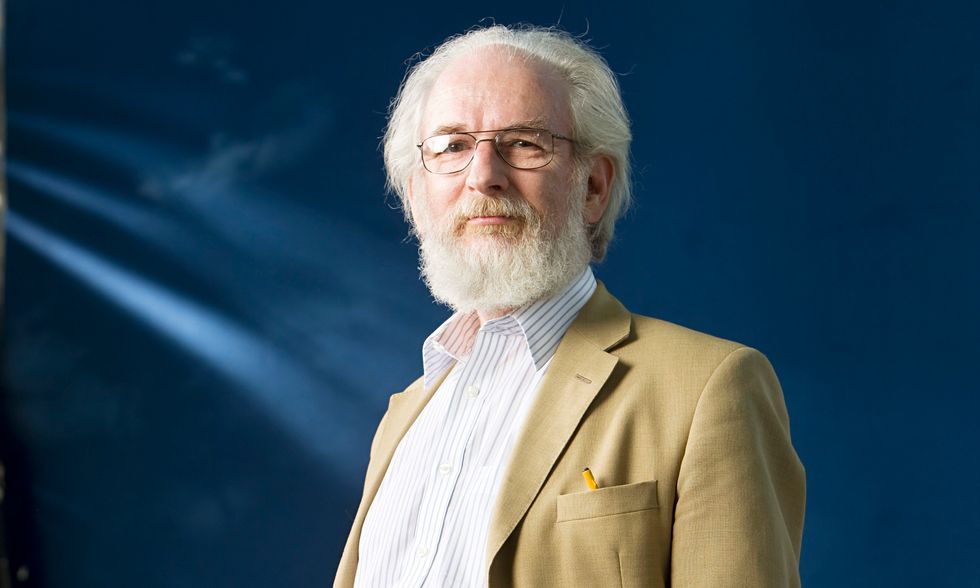We usually think of Shakespeare's plays, such as "Romeo and Juliet" and "A Midsummer Night's Dreams," being narrated in what we would typically hear as British accents. However, it may not have always been like this. It is important to note that during Shakespeare's time, there was a transition from Middle English in the 14th century to the English that we know as Modern English. This is why the English Shakespeare spoke is referred to as Early Modern English. This time period in English language history was called the Great Vowel Shift. There were Middle English words like wyfe [wee-fuh] that dropped the phonetics of the "e" endings, used by Geoffrey Chaucer in the "Canterbury Tales" in Middle English, and became pronounced [weyef] during this transitional period.
There is a British linguist by the name of David Crystal who has been setting out to reconstruct the Shakespearean dialect, in cooperation with the University of Kansas. He has been an important scholar in the reconstruction of Shakespeare's Early Modern English. His son, Shakespearean actor Ben Crystal, described the Original Pronunciation as having an "earthy sound" that can speed the performance.
The most important clue originates from the audience members transcribing the plays in their best phonetic spelling and the words on Shakespeare's grave. Understanding how words were spoken means understanding how they were written or, in the case of the printing press, published. Prior to the introduction of the printing press in 1476 by William Caxton, Middle English did not have standardization. The investment into ink and leaden type effected how punctuations and the amount of "e"s would be needed, which ultimately altered the grammar into what was called Early Modern English. Although Latin and French were the languages of prestige in England, English became published more until England became independent of the Latin-using Catholic Church in 1536 when Early Modern English developed.
Another clue is the way, by our own Modern English perspective, the lines in Shakespeare's plays do not seem to rhyme, such as words like "eye" and "company." At the ends of both words, they were actually pronounced [uh-ee], so the words were vocalized [uh-ee] and [cump-nuh-ee]. Crystal makes note of grammarian commentaries written at the time about how to pronounce the letters, which syllable was stressed, and which words rhymed, most notably Ben Jonson.
This research would be important in recovering the puns that would have brought a chuckle from the Globe Theater audience. An example of such a line comes from Shakespeare's play "Julius Caesar" where Cassius says, "Now it is Rome indeed and room enough, when there is in it but one man." The word "Rome," in Early Modern English, was pronounced [room], which does make a significant distinction between the other word "room." This would create a ripple effect into how Shakespeare is taught and quoted in American schools and universities. By reconstructing the Shakespearean dialect means a better understanding of his plays through a Modern English translation.
There are also remnants of Early Modern English found in regional dialects of English, either in England proper or in Wales, Ireland, Canada, and even here in the United States. What I found interesting was when Crystal mentioned that the same Early Modern English that Shakespeare spoke was brought into American through the Mayflower by the Pilgrims.
It is a sign that Shakespeare is more relevant to American literary identity than we might expect. It is also another reason why this research is important, as it no longer associates Shakespeare's works with the elitist posh that is spoken, rather with the inheritors of the dialect spoken at the time. It makes his works more relevant and well-connected to English-speaking people around the world and elevates Shakespeare as not another old, privileged White man, but as one of the innovators of the English language.























